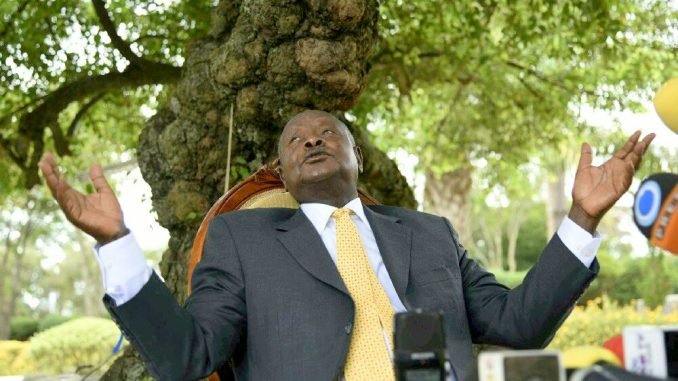
Kampala, Uganda | By Edward Ronald Sekyewa | Flying back from a trip abroad, I took my place in line at the immigration desk for clearance to enter Uganda. As I patiently waited my turn, some confusion at the immigration desk as a group was asked to step aside to fill out the proper documents.
As soon as the tired travellers stepped from the counter, a woman behind me stomped past us to the front of the line. Shocked by this blatant disregard to her fellow Ugandans, I politely asked the woman to respect the queue and let the next person go first. To that, she bluntly replied that we were wasting her time.
“Do you think we want to sleep here?,” I asked fruitlessly. But the woman ignored us, got cleared and left. One would expect the immigration officer to rule the lady out of order, but she just went ahead and cleared her to our dismay. “Welcome to Uganda,” I muttered to myself.
In this country, corruption, meaning the swindling of public goods and funds, has become the order of the day. Barely a day passes without hearing of some official who has put public funds to private use. In the Entebbe Airport case, I wondered what that lady could do if she was handed with the responsibility to head a well-facilitated government department.
What would she do? Would she put her interest before the public’s? Would such a person duly build a school using Universal Primary Education (UPE) funds or would she steal the funds to build herself a fancy mansion? Would such a Ugandan encroach on a neighbour’s land whom she knew could not afford to fight her in court?
Another incident happened to an American friend of mine who lives in Kampala. While he was queuing at a supermarket waiting for his chance to pay for his groceries, a man slips in front of my friend in line. When the American asked the man why he could not observe the queue, the man turned and looks a bit confused. “What could I do?,” he asked.
Angered by this, the American berated him until the embarrassed man had paid and scurried out of the shop as fast as he could.
This “me first” mentality has found a fertile home in the minds of millions of Ugandans. You will find it on the streets where drivers will squeeze their cars into every possible gap, even if it means cutting off another driver or putting another driver at risk. What could he do? The gap was there.
An official of some government department will be given money to execute the construction of a road or hospital but he will instead pocket the money to purchase an expensive car for him/herself. What could he/she do? The money was there.
A pastor tells his congregations to bring all the money they have to him so that they get blessed and he can steal it to buy some property. What could he do? They gave him the money
A petrol station attendant collects money all day only to disappear from the property just before the end of his shift, taking the money with him. What could he do? The cash was in his hand.
Do we always have to take advantage of any situation given a gap, even when we know that what is being done is wrong?
Are our morals to discern good from evil really gone to the dogs? While the courts of law play an essential role in the fight against corruption in Uganda, selfish and greedy tendencies have to be addressed in our society because those are the ones that lay the foundation for corruption.
Unfortunately, no one can be prosecuted for being selfish or greedy, therefore the answer to these vices lies more in continuous soul-searching.
